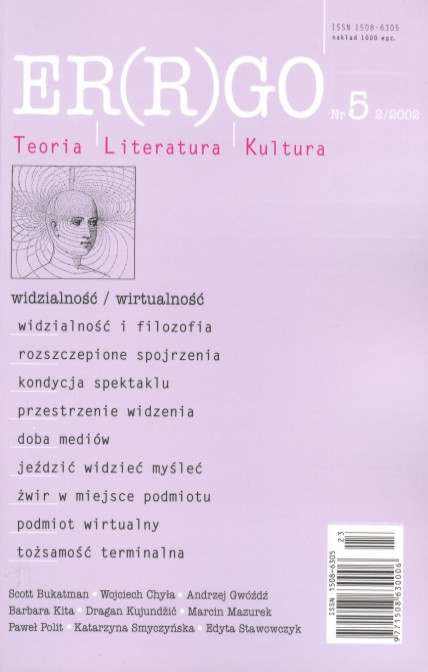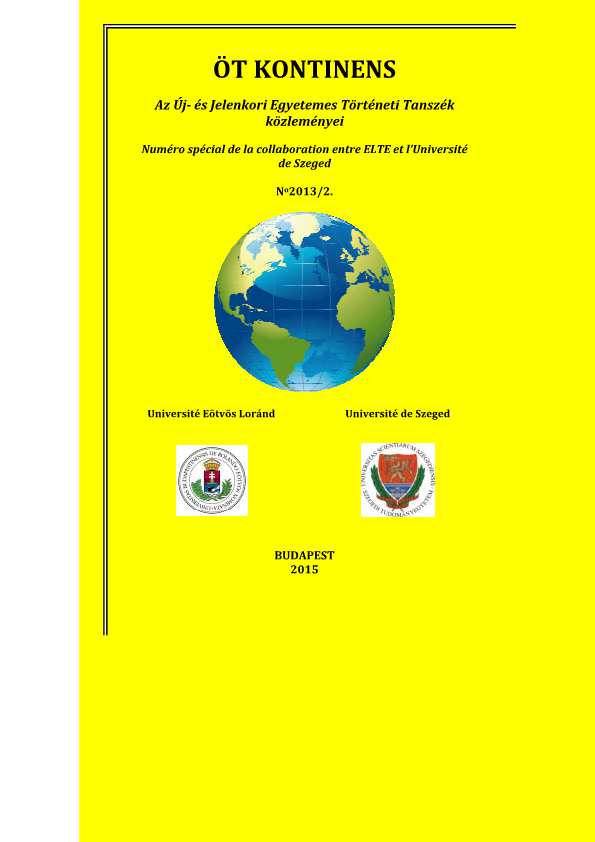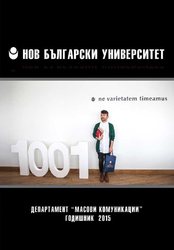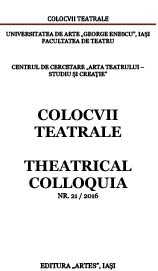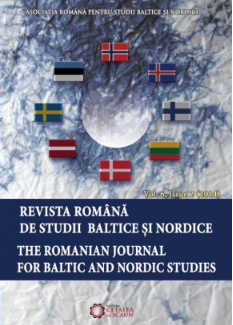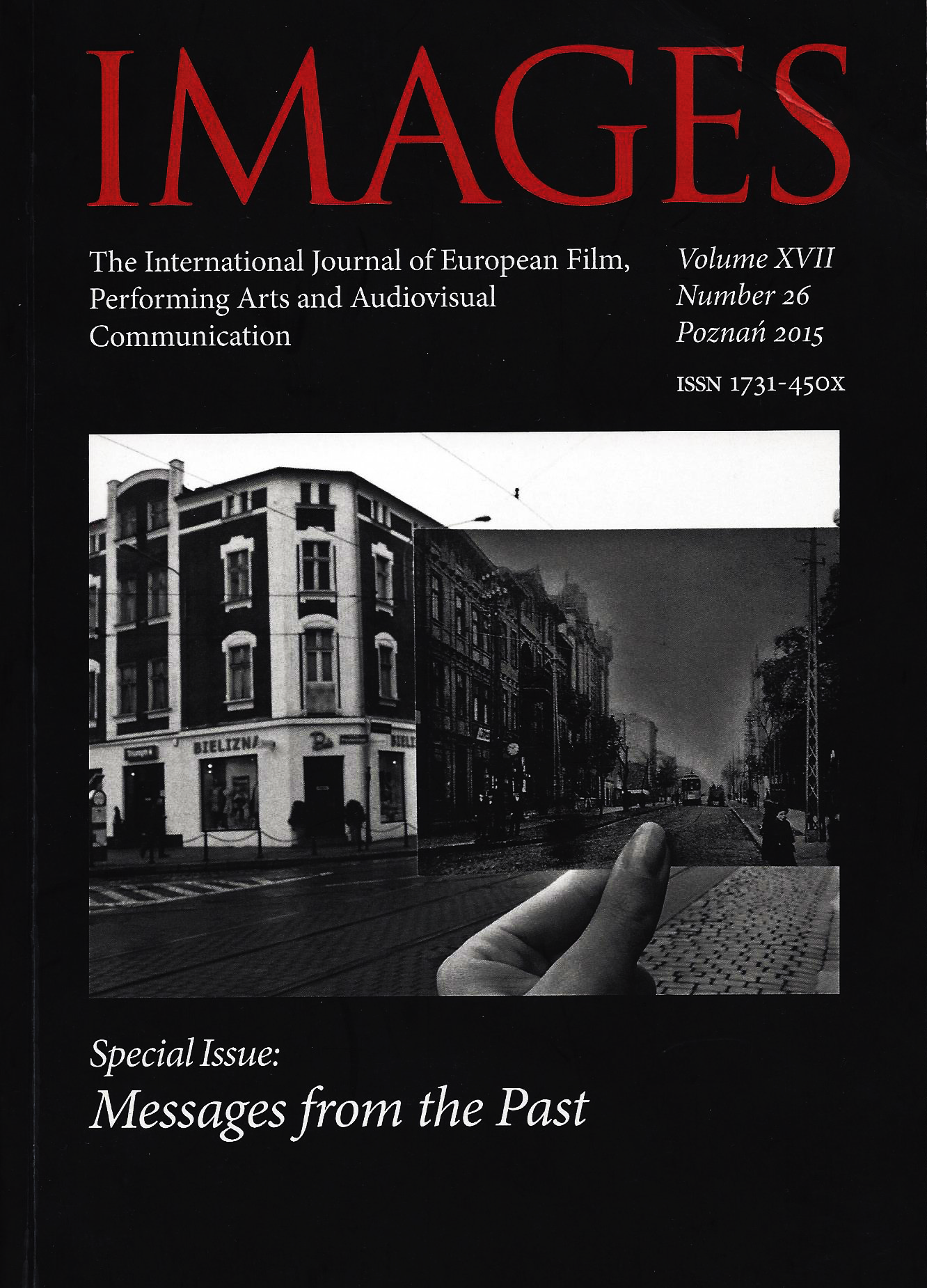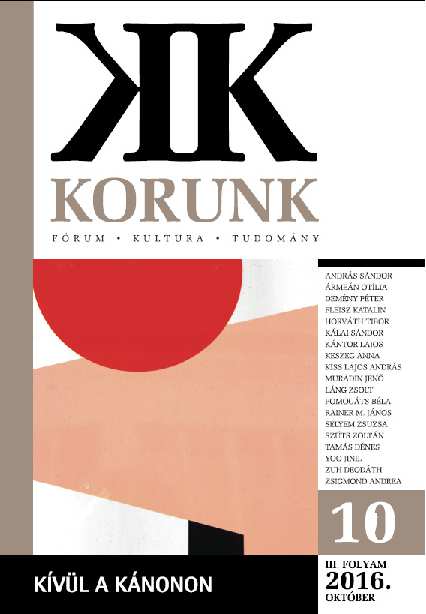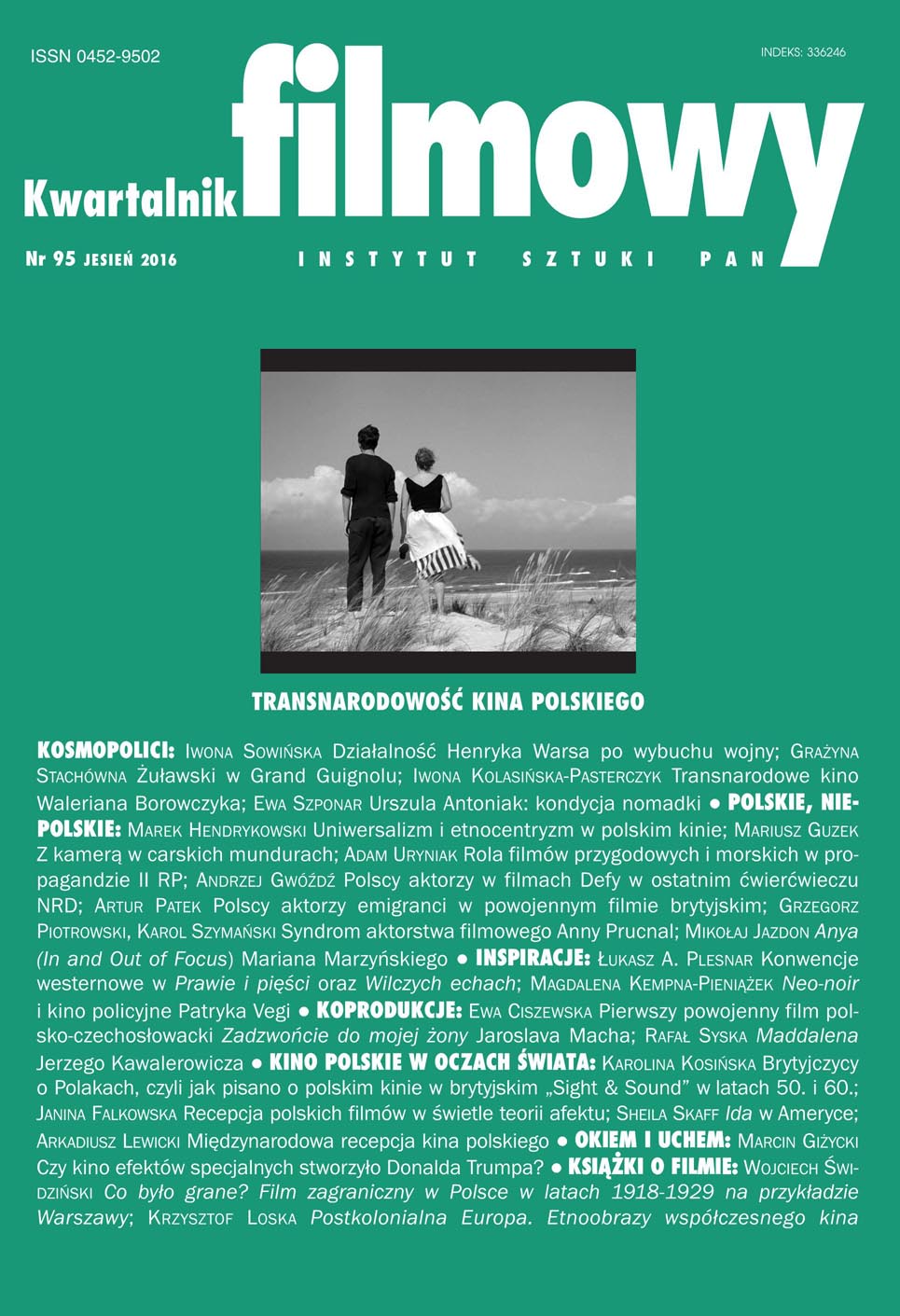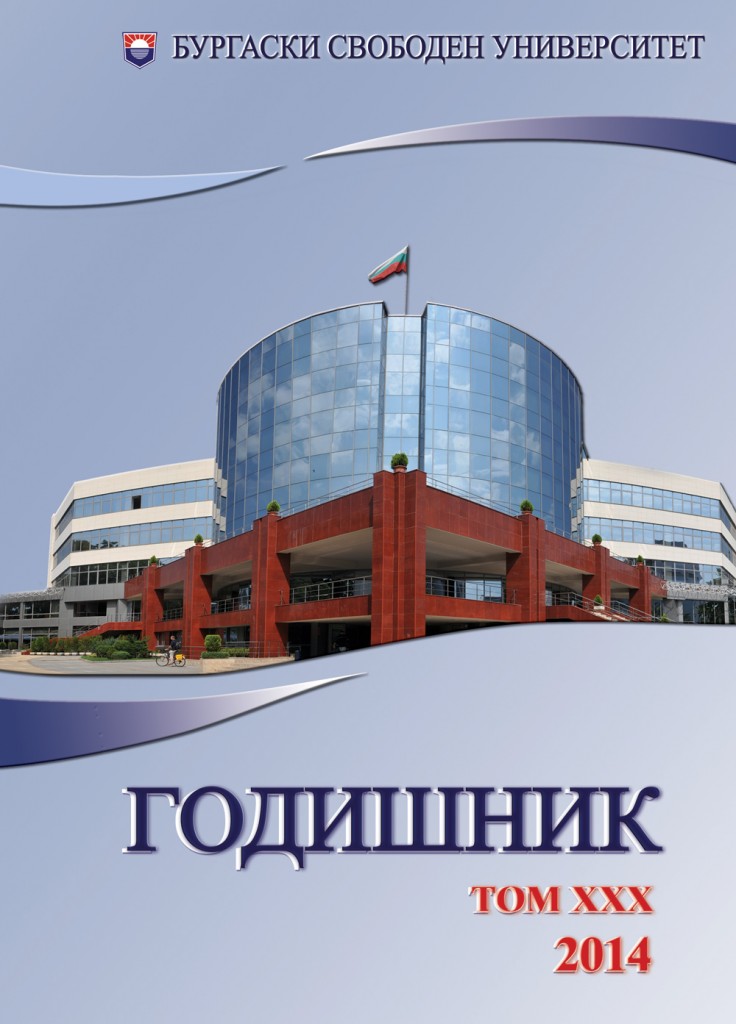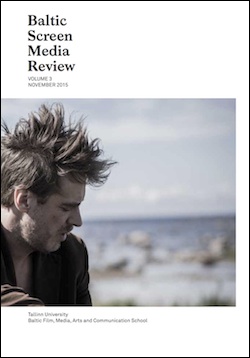
Slowly Moving Bodies: Signs of Pictorialism in Aki Kaurismäki’s Films
Aki Kaurismäki is arguably the best-known Finnish filmmaker, owing largely to his feature films such as Crime and Punishment (Rikos ja rangaistus, Finland, 1983), Calamari Union (Finland, 1985), Shadows in Paradise (Varjoja paratiisissa, Finland, 1986), Hamlet Goes Business (Hamlet liikemaailmassa, Finland, 1987), Ariel (Finland, 1988), The Match Factory Girl (Tulitikkutehtaan tyttö, Finland, 1990), I Hired a Contract Killer (Finland/ Sweden, 1990), La vie de bohéme (Finland/France/ Sweden/Germany, 1992), Take Care of Your Scarf, Tatiana (Pidä huivista kiinni, Tatjana, Finland/Germany, 1994), Drifting Clouds (Kauas pilvet karkaavat, Finland, 1996), Juha (Finland, 1999), The Man Without a Past (Mies vailla menneisyyttä, Finland, 2002), Lights in the Dusk (Laitakaupungin valot, Finland, 2006) and Le Havre (Finland/France, 2011). A large body of his work has been made in Finland, but also in countries like France and Great Britain. Besides feature films, he has also made documentaries and short films, as well as musical films with the group Leningrad Cowboys. In a broader context, Kaurismäki has a unique place in Finnish and international film history, as well as in media and communication culture. Kaurismäki’s cultural context includes elements that have been turned into national and transnational symbols of social communication and narrative interaction by his stylisation. The director’s cinematic strategy investigates and makes choices evoking a social understanding of characters that has special communicative value. Kaurismäki’s films have been scrutinised for over thirty years.
More...
